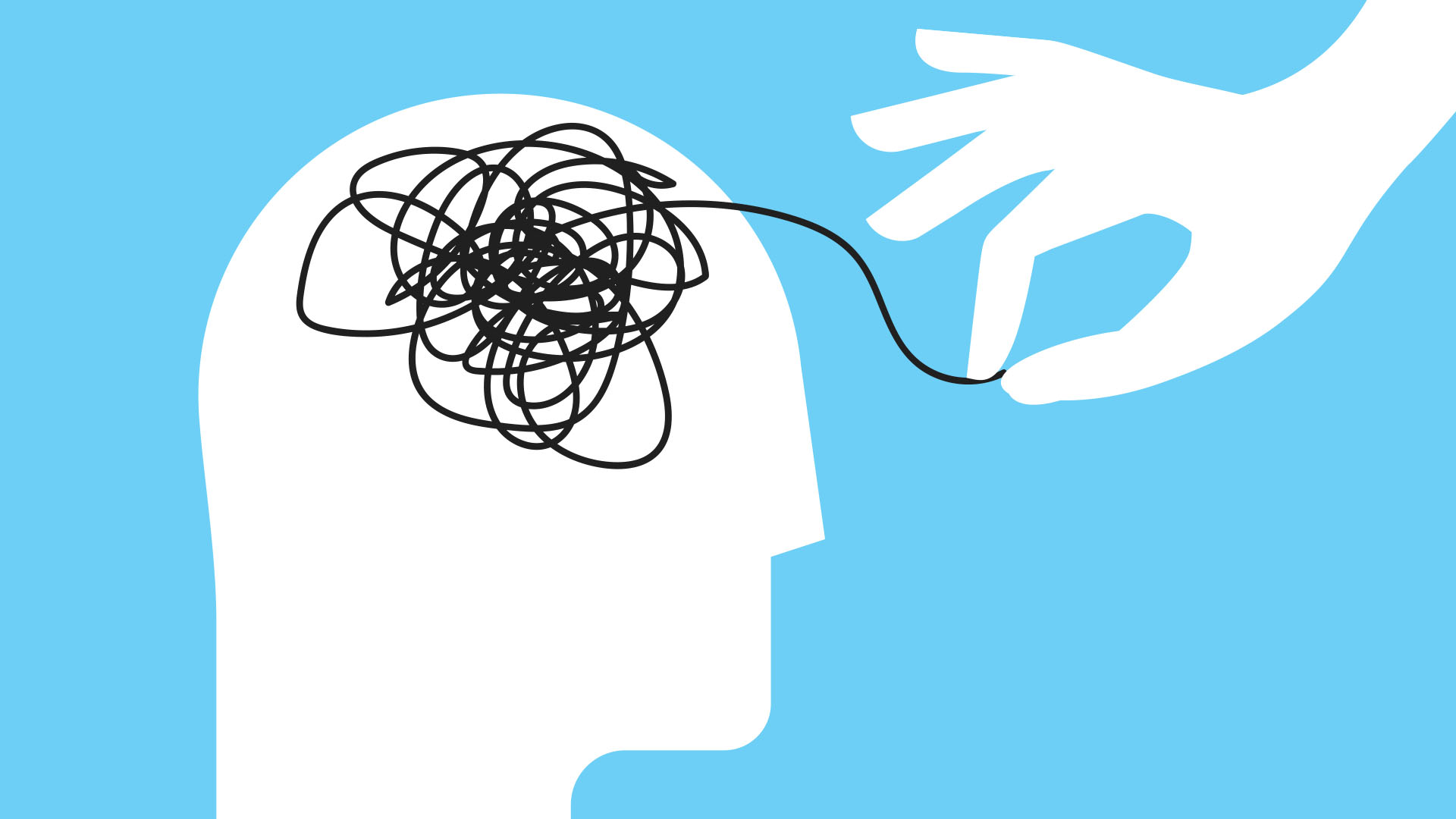Checking Out the Connection Between Nutrition and Mental Health And Wellness Enhancement
In the realm of mental health, the impact of nourishment is a subject of expanding rate of interest and research study. The detailed interplay between what we consume and just how we really feel expands much past mere physical health and wellness. The effects of our nutritional choices on psychological well-being have actually been progressively acknowledged by wellness professionals and scientists alike. As we navigate the facility landscape of contemporary way of livings, uncovering the nuanced relationship in between nutrition and mental health improvement might hold the trick to opening a deeper understanding of our cognitive and psychological durability.
Impact of Food on Mood
The connection in between nutritional choices and state of mind regulation is an essential facet of comprehending the influence of food on mental well-being. Study has shown that specific foods can affect neurotransmitter task, affecting state of mind and emotions. As an example, foods rich in omega-3 fats, such as fatty fish, walnuts, and flaxseeds, have actually been connected to reduced prices of depression and improved state of mind regulation.
Furthermore, complex carbohydrates located in entire grains, fruits, and vegetables can assist control blood sugar level degrees, which in turn can have a positive influence on mood security. On the other hand, diets high in refined foods, sugar, and saturated fats have actually been linked with a boosted risk of depression and state of mind disorders.
Additionally, the gut-brain link plays a substantial function in mood regulation. The intestine microbiome, influenced by the foods we consume, can interact with the mind with the gut-brain axis, affecting state of mind, anxiety levels, and general mental health. For that reason, making nourishing and mindful dietary choices is essential for maintaining a healthy and well balanced state of mind.

Important Nutrients for Anxiety
In addition, the amino acid tryptophan, located in foods like turkey, eggs, and nuts, is a precursor to serotonin production, a neurotransmitter understood for its duty in promoting sensations of calmness and health. Vitamin B facility, specifically B6 and B12, are also crucial for keeping a healthy nerves and may aid reduce stress and anxiety signs and symptoms.
Including these important nutrients into a well-balanced diet regimen can have a favorable influence on managing stress and anxiety and enhancing total psychological health.
Dietary Strategies for Anxiety

One nutritional strategy for managing clinical depression is focusing on foods rich in omega-3 fats, such as fatty fish, flaxseeds, and walnuts. official statement Omega-3 fats have actually been connected to minimizing inflammation in the mind and improving natural chemical feature, which can positively influence mood. In addition, raising the usage of fruits, veggies, whole grains, and lean proteins while decreasing the consumption of refined sugars and foods may help in relieving depressive signs.
In addition, preserving sufficient degrees of vitamin D, either via sunshine direct exposure or supplements, is vital for sustaining mental health and wellness. Vitamin D shortage has actually been connected with an increased risk of anxiety, making it crucial to ensure adequate intake of this nutrient. By integrating these dietary approaches, people might efficiently enhance typical therapies for depression and enhance their general well-being.
Gut-Brain Axis and Mental Health
Concentrating on the elaborate connection between the intestinal system and psychological health, the Gut-Brain Axis plays a crucial function in affecting cognitive functions and psychological health. The Gut-Brain Axis is a bidirectional interaction network between the central nerves and the enteric anxious system, connecting the cognitive and psychological centers of the brain with outer intestinal tract functions. This axis is managed by an elaborate interaction of neural, immune, endocrine, and metabolic paths.
Study recommends that the make-up of intestine microbiota, the varied neighborhood of microorganisms living in the stomach tract, can have a profound influence on mental health. Inequalities in gut microbiota, known as dysbiosis, have been related to conditions such as anxiety, anxiousness, and also neurodegenerative illness. The digestive tract microbiota plays a critical duty in the manufacturing of natural chemicals like serotonin, which is necessary for managing state of mind and psychological reactions.
Keeping a healthy intestine microbiota through a well balanced diet plan abundant in fiber, fermented foods, and probiotics is critical for sustaining mental wellness (Mental Health Services). Methods focused on maximizing the Gut-Brain Axis offer promising methods for enhancing psychological health and cognitive function
Nourishment's Function in Cognitive Function
Offered the substantial impact of the Gut-Brain Axis on mental wellness, comprehending how nutrition effects cognitive function ends up being paramount in advertising total health. Nourishment Recommended Reading plays a vital role in cognitive feature by offering crucial nutrients that support brain health and wellness and ideal performance.
Secret nutrients such as omega-3 fatty acids, minerals, vitamins, and antioxidants are understood to enhance cognitive capacities, including memory, emphasis, and analytical skills. Omega-3 fats, located in fatty fish like salmon and nuts, have been connected to improved memory and cognitive feature. Anti-oxidants, abundant in veggies and fruits, help shield brain cells from damage brought on by cost-free radicals, thus preserving cognitive function.
In addition, a well balanced diet abundant in whole grains, lean proteins, fruits, and vegetables can positively influence cognitive function by supporting blood sugar levels and providing continual energy to the brain. Conversely, diets high in processed foods, hydrogenated fats, and sugars have actually been connected with cognitive decrease and impaired mind function. Making informed nutritional choices is necessary for maintaining optimum cognitive feature and general psychological wellness.
Conclusion
In conclusion, the relationship between nourishment and mental health is complex and intricate. The impact of food on state of mind, necessary nutrients for anxiousness, dietary techniques for anxiety, the gut-brain axis, and nourishment's function in cognitive feature all play crucial functions in psychological health. Comprehending the link in between nourishment and psychological wellness enhancement is essential for promoting total wellness and resolving mental wellness problems. More research and recognition in this field are essential for advancing treatments read this and treatments.
The ramifications of our nutritional options on mental wellness have been increasingly acknowledged by health specialists and researchers alike. As we navigate the complex landscape of contemporary way of livings, discovering the nuanced relationship between nourishment and psychological health renovation may hold the secret to unlocking a much deeper understanding of our cognitive and emotional resilience.
Building upon the essential nutrients that support psychological health, specifically in managing anxiety disorders, the emphasis currently moves in the direction of checking out nutritional approaches for resolving anxiety.Focusing on the complex link between the stomach system and psychological health, the Gut-Brain Axis plays a critical duty in affecting cognitive features and emotional health (Mental Health Services). Understanding the link between nourishment and mental health renovation is crucial for promoting total health and addressing psychological wellness problems
Comments on “Accessing Top-tier Mental Health Services Made Easy”